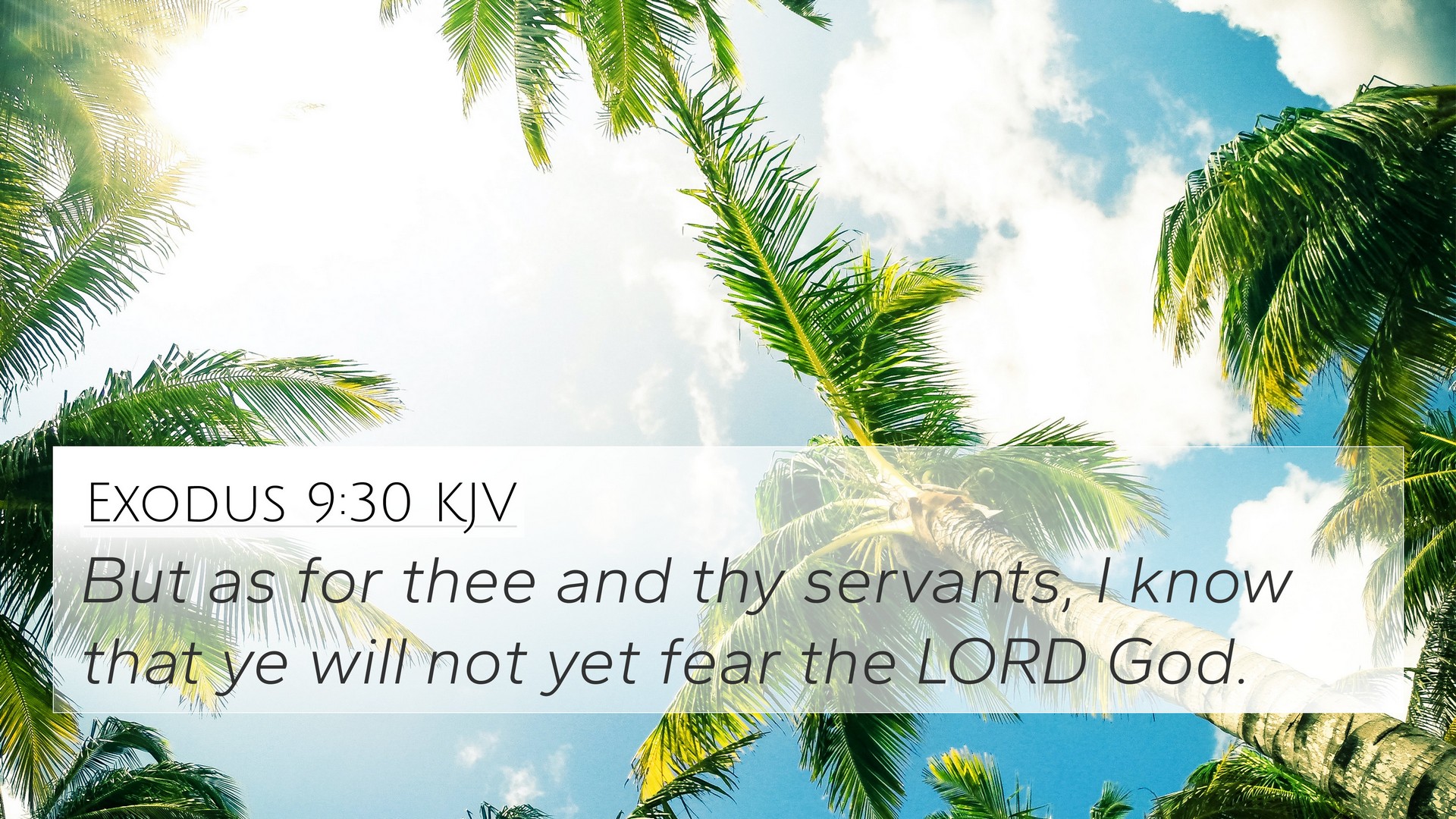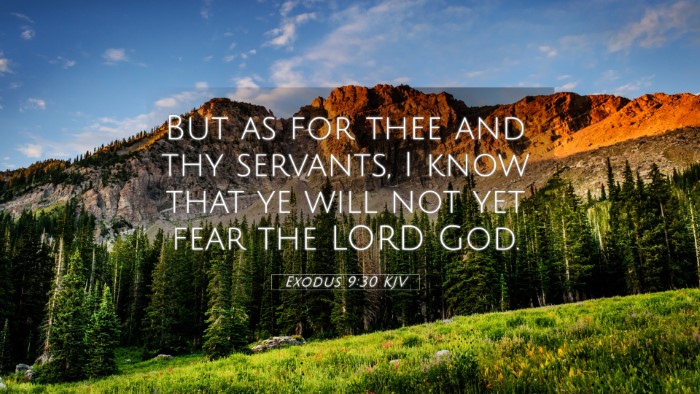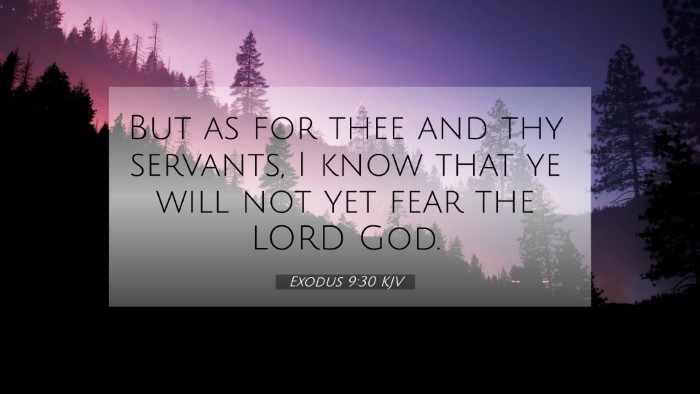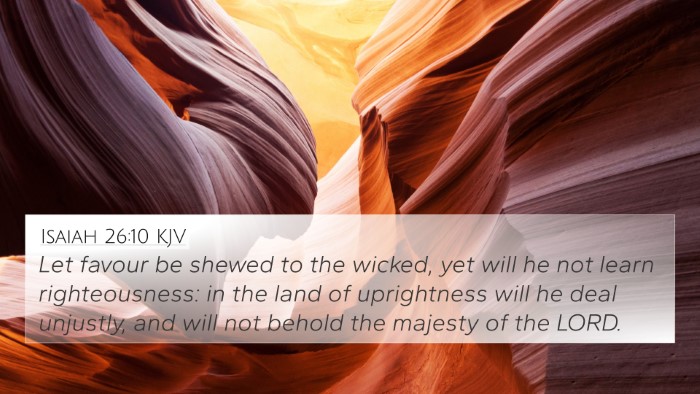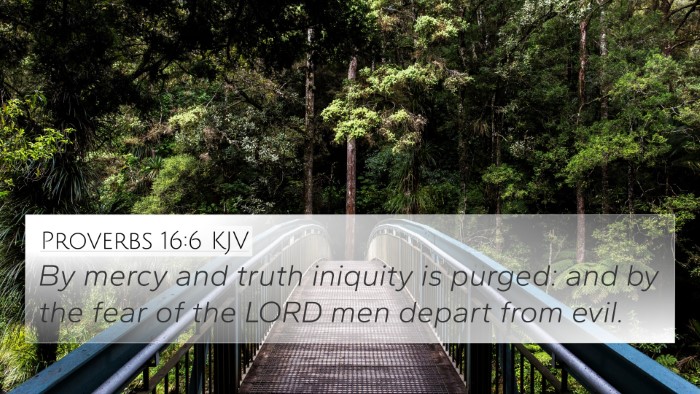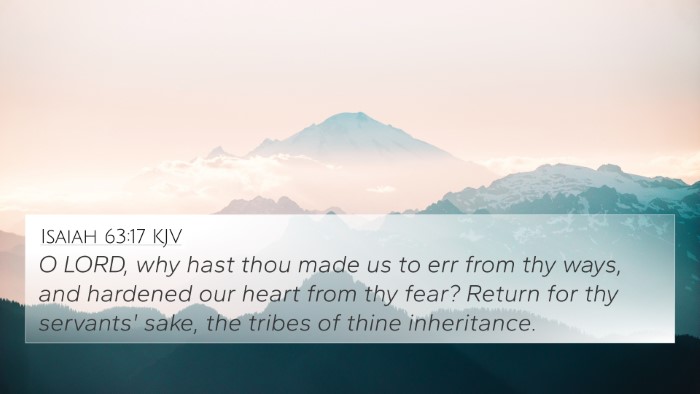Understanding Exodus 9:30
Exodus 9:30 states, "But as for you and your servants, I know that you will not yet fear the Lord God." This verse is part of the narrative recounting the plagues that God sent upon Egypt to demonstrate His power and compel Pharaoh to release the Israelites from bondage. The context is essential for understanding the weight of this statement.
Context of Exodus 9:30
This verse occurs after the seventh plague, the plague of hail. God had been revealing Himself to Pharaoh through multiple signs and wonders, yet Pharaoh’s heart remained hardened. This discouraging aspect of Pharaoh's character illustrates the larger theme of disobedience and lack of reverence towards God.
Commentary Insights
- Matthew Henry: Henry emphasizes that the Lord’s knowledge of Pharaoh's heart reflects God's omniscience. Despite witnessing miraculous signs, Pharaoh’s rebellion indicates a bold and unrepentant spirit. God’s declaration that Pharaoh and his servants would not fear Him shows God's disappointment with their stubbornness.
- Albert Barnes: Barnes highlights that fear of God is the rightful response to His power. He discusses how a lack of fear indicates a deeper spiritual crisis. Barnes further connects this verse to the broader Israelite experience, where fear in the right context can lead to obedience and deliverance.
- Adam Clarke: Clarke’s interpretation dives into the psychological aspect of Pharaoh’s response. He points out that Pharaoh’s hard-heartedness exemplifies how pride can blind one to reality. This commentary notes that such attitudes often lead to self-destruction, serving as a warning for the readers of scripture.
Thematic Connections
The refusal of Pharaoh to acknowledge the sovereignty of God is a significant theme in Exodus. This idea resonates through numerous scriptures and speaks to the nature of human pride in the face of divine authority.
Cross-Referencing Biblical Texts
Here are several Bible verse cross-references that relate to Exodus 9:30:
- Romans 9:17-18: Highlights God’s purpose in raising Pharaoh, which connects to the exploration of God’s sovereignty and human free will.
- Proverbs 1:7: Discusses the importance of proper fear of the Lord as the beginning of knowledge, forming a thematic parallel about reverence.
- 2 Corinthians 5:11: Speaks to the fear of the Lord influencing our actions, contrasting the lack of fear shown by Pharaoh.
- Hebrews 3:15: Warns against hardening hearts, echoing Pharaoh's resistance to God and its consequences.
- Jeremiah 10:7: Questions who would not fear God, underscoring the natural response to divine authority.
- Exodus 10:1-2: Continues the narrative of Pharaoh’s lack of fear and God's intentions to demonstrate His power.
- Job 41:33: Describes the leviathan, a metaphor for Pharaoh’s bigness and the arrogance, reflecting upon the great creatures that are unrestrained without the fear of God.
Conclusion
Exodus 9:30 serves as a critical reflection on the human condition concerning God’s authority. It illustrates the dire consequences of hardening one's heart against divine intervention. The study of this verse invites believers to examine their own responses to God's call and to embrace a posture of reverence and obedience.
Utilizing Cross-Referencing Tools
For deeper insights, engaging with tools for Bible cross-referencing can enhance understanding:
- Bible concordances: Useful for finding pertinent verses quickly.
- Bible cross-reference guides: Provide structured means for navigating related scriptures.
- Cross-referencing Bible study methods: Offer approaches to draw thematic connections throughout scripture.
Further Study Suggestions
Consider engaging with comparative Bible verse analysis to delve into how themes of fear, disobedience, and God’s sovereignty manifest across books of the Bible. Such studies can reveal rich dimensions of scriptural truths and their applications.
